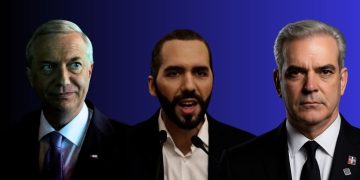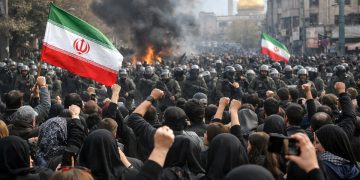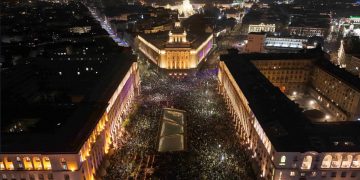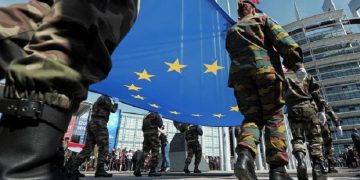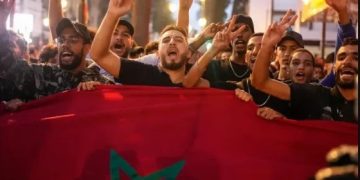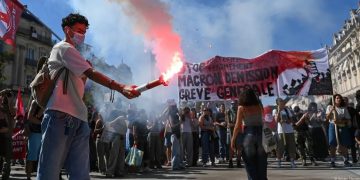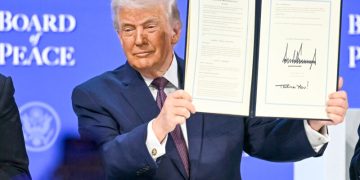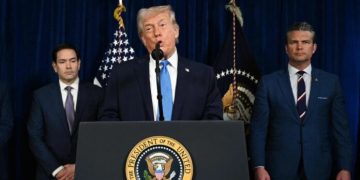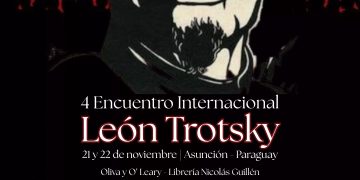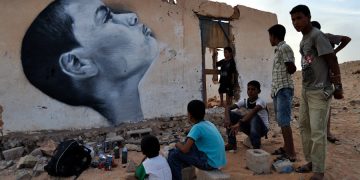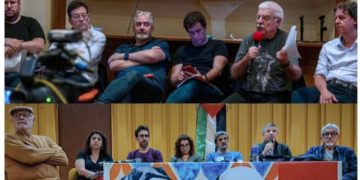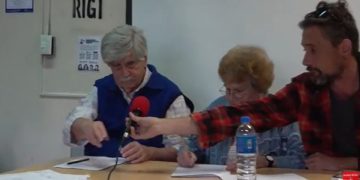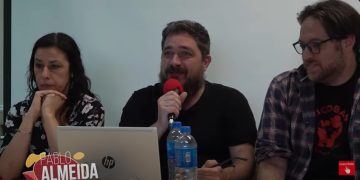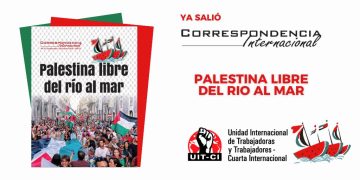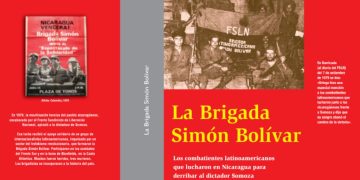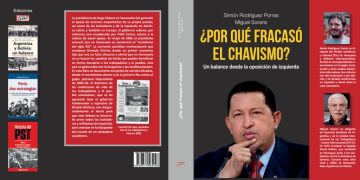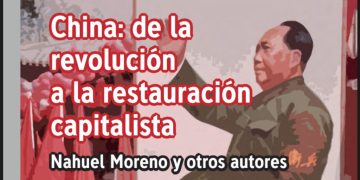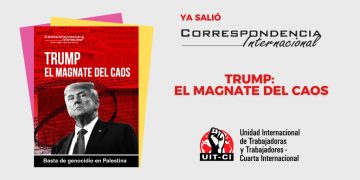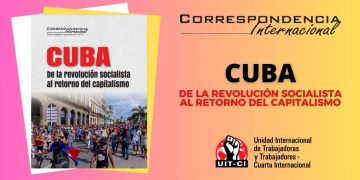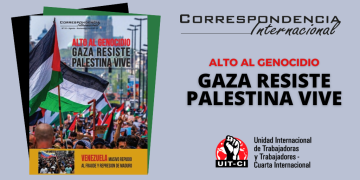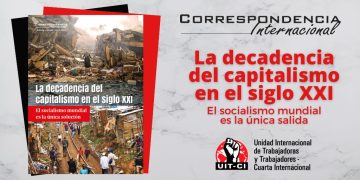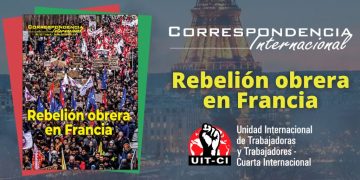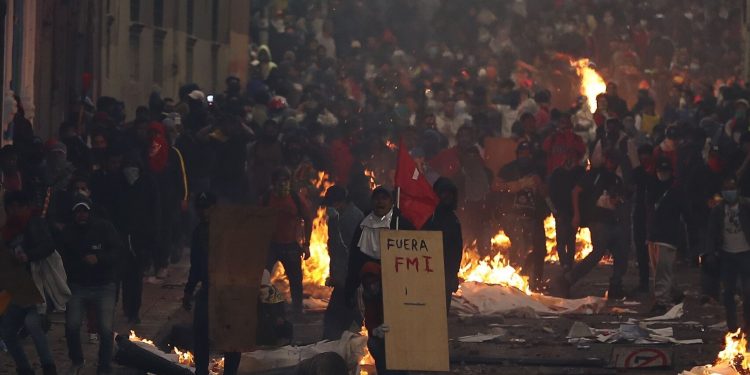Ecuador: Great triumph of the popular mobilisation
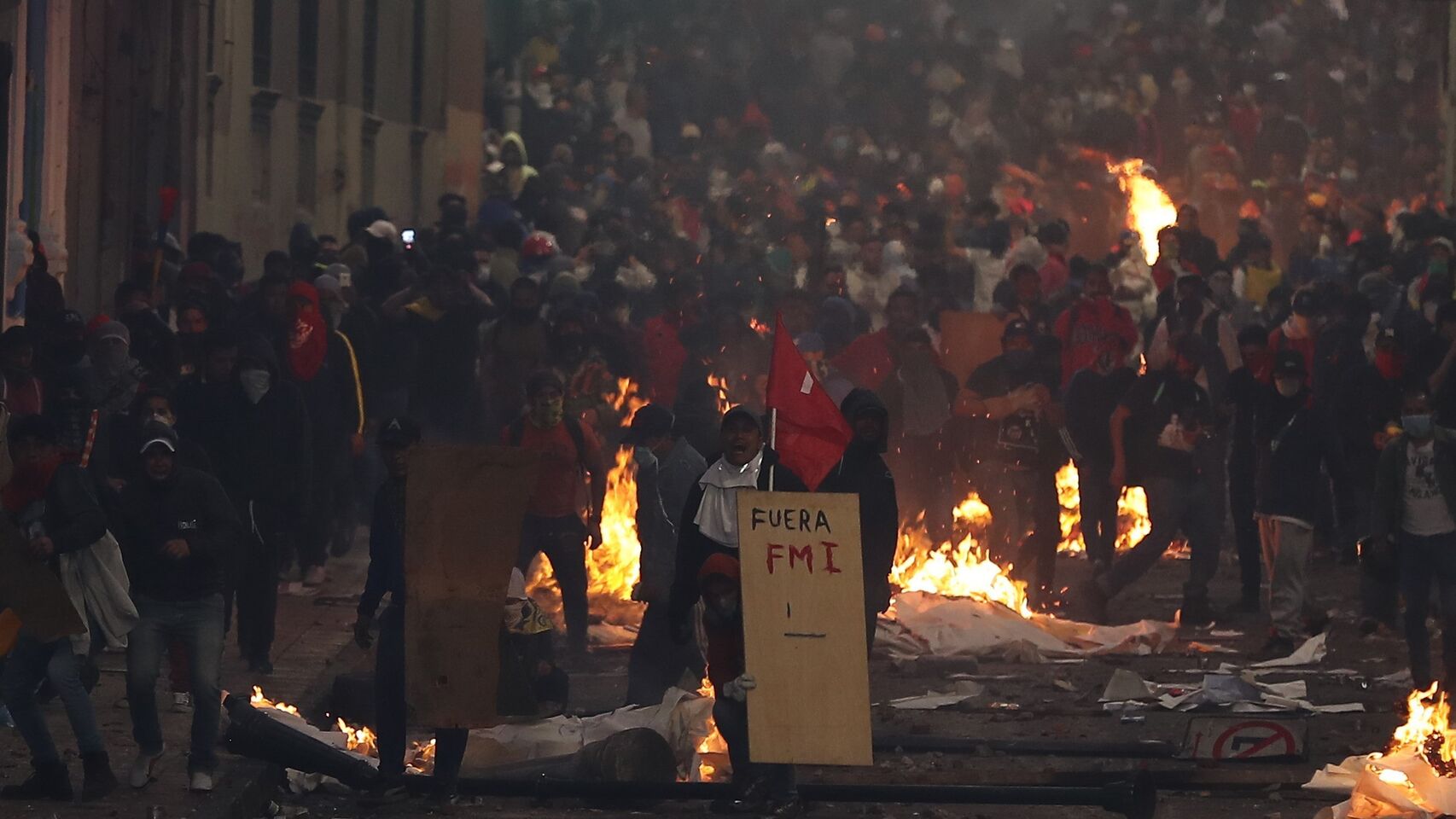 Decree 883, issued by the IMF, fell.
Decree 883, issued by the IMF, fell.
After eleven days of a massive popular rebellion in Ecuador, Lenin Moreno’s government had to repeal decree 883 with which it started an austerity plan agreed with the IMF.
The mobilised Ecuadorian people have given a great example to the peoples of the world that the struggle can defeat the IMF and the employer governments that apply austerity measures against the peoples.
On the night of 13 Sunday, thousands of indigenous people, workers, students and popular sectors concentrated in the centre of Quito celebrating the announcement of the repeal. It was a great triumph. The arm of the bosses’ government and the IMF had been twisted after a hard battle of massive mobilisations with clashes with the security forces that left a first toll of 10 dead, hundreds injured and detained. It was a popular semi-insurrection headed by the indigenous movement nucleated in the Confederation of Indigenous Nationalities (Conaie).
Popular mobilisation has achieved a first great triumph. Confronting the repression and defeating the “state of exception” and then the “curfew”. The government could not control Quito. There was a tough field battle in which the security forces could not dissolve the concentration points of the indigenous people, the workers, and the youth.
Finally, Lenin Moreno had to give in. Decree 883 meant a 123 percent increase in gasoline demanded by the IMF to deliver a new loan of 4300 million dollars. The condition was a new package against the working and indigenous people. It also included other labour flexibility measures that it was not yet clear if they were also repealed.
The popular rebellion and the general strike of the indigenous workers and the popular workers put the employers’ government of Lenin Moreno and the IMF against the ropes. Out with the IMF! Out with Lenin Moreno! thousands shouted at the barricades. The government fled to Guayaquil. They had created a power vacuum. A revolutionary crisis. There were elements of double power. On the one hand, the weakened Lenin Moreno and the people on the streets on the other. The fall of the government could have been proposed and a government of those from below, of the Conaie, the FUT (Workers United Front) and other popular organisations assumed power. Even in one video that travels around the world, an indigenous man shouts: “We have leaders who can lead this country. But the leaders didn’t ask. Former President Correa sought to capitalise on the rebellion by proposing “new elections. Correa’s government was a part, along with Lenin Moreno – who was his vice-president – of the governments of the double discourse such as Lula, Chavez/Maduro, Daniel Ortega or Kirchnerism. But it did not have a great echo in the demonstrators. Correa and Lenin Moreno maintained the pacts with the IMF, the foreign debt and a dollarized economy.
Fearing a revolutionary fall of Lenin Moreno’s government, imperialism and the Vatican intervened. The representatives of the UN and the Episcopate were part of the “dialogue table”.
Decree 883 fell, but they agreed that a “multi-party commission” would elaborate a “new decree». The government and the bourgeoisie will try to pass on other austerity variables to the people. But there remains a very weakened government. The crisis has not been overcome and the masses have won.
There is a danger that the Conaie and FUT leaderships will give in to negotiations. That is why the state of mobilisation of the indigenous people, of the workers and of the students must continue in order not to let any measure of austerity against the people pass by. And to demand that the repeal of all austerity measures such as labour flexibility be guaranteed, that all detainees be released, that the demonstrators not be criminalised and that those responsible for the dead because of repression be punished. From below, in assemblies, it is necessary to demand from the leaders of the Conaie and other organisations that nothing be agreed upon without consulting the rank and file. Demand that they carry forward the agenda the mobilisation raised. First, the IMF leave. But also that they stop paying the fraudulent foreign debt and raise an alternative economic plan for the indigenous working-class and popular people that starts with the IMF out of Ecuador, and the expulsion of the multinationals that plunder the oil and other natural resources of the country to put all of this at the service of the indigenous and working people.
The indigenous people, the workers, the students, and the popular sectors have given a great example of struggle to all the peoples of Latin America and the world. From the IWU-FI we salute the triumph of the Ecuadorian people over the IMF and the employers’ government of Lenin Moreno. We call on you to continue accompanying this experience of struggle and to show solidarity so that this first great triumph may be consolidated and continue to advance until the plans of the IMF and imperialism are definitively defeated.
International Workers’ Unity-Fourth International (IWU-FI)
13 October 2019








